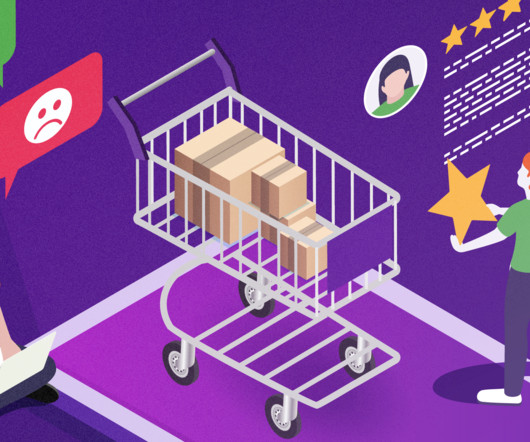Master the Market: A Deep Dive into Competitive Analysis
InMoment XI
SEPTEMBER 12, 2023
The Importance of CRM Databases in Competitive Analysis Customer Relationship Management (CRM) databases are essential tools for storing and tracking customer information, interactions, and sales history. These are areas where you have the opportunity to differentiate your business and gain a competitive advantage.
















Let's personalize your content